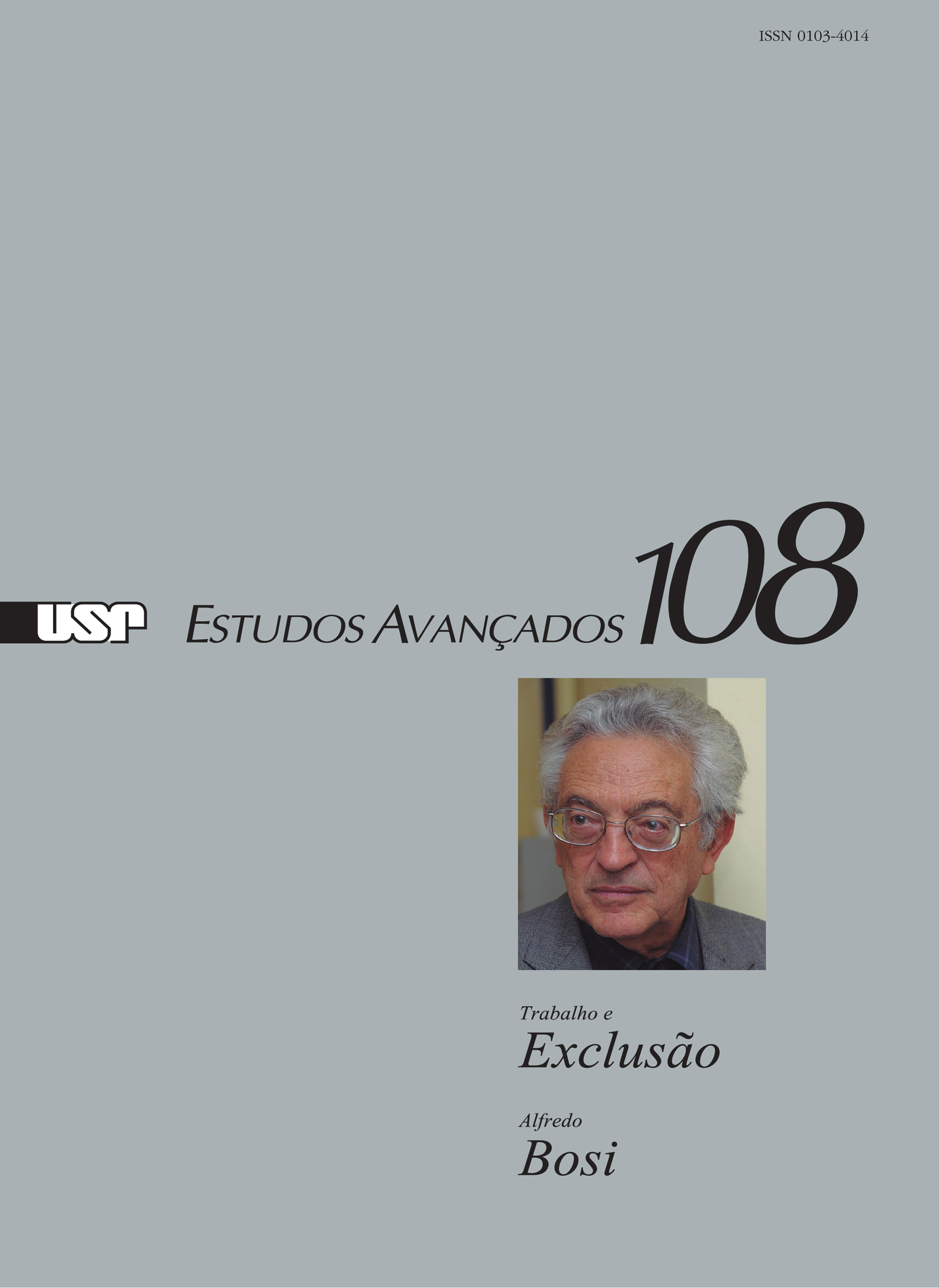Chestnut farming and quilombos in Alto Trombetas (state of Pará): A proposal for socio-environmental justice
DOI:
https://doi.org/10.1590/s0103-4014.2023.37108.004Keywords:
Green grab, Amazon, Fairtrade, Sociobiodiversity, Environmental justiceAbstract
This article analyzes the bioeconomy of Brazil’s nut production chain according to socio-economic parameters of socio-environmental justice. The methods used were: (1) review of the literature, (2) participant observation in loco, (3) description of the chain through value links, (4) analysis of the sayings of the main actors, (5) comparison of the values of buying and selling between the actors, and (6) a feasibility study according to the concept of fair trade. Seeing conceptual appropriation as a strategy, we find new versions of age-old injustices in the production chain of nuts from the chestnut groves of Alto Trombetas. the article concludes that there is a mutual relationship between the traditional quilombola way of life and the chestnut groves that is fundamental for the existence of the production chain. Thus, there is need for greater participation of extractivist stakeholders in the governance of the chain to balance the distribution of profitability, and adapt it to the real concept of fair trade.
Downloads
References
ACEVEDO MARIN, R.; CASTRO, E. Negros do Trombetas: guardiães de matas e rios. 2.ed. Belém: Cepuj, 1998.
ALMEIDA, A. W. B. D. Terra de quilombo, terras indígenas, “babaçuais livre”, “castanhais do povo”, faxinais e fundos de pasto: terras tradicionalmente ocupadas. Manaus: PGSCA/UFAM, Brasil, 2008.
BANKS, M. G. An Extension of the Hirsch Index: Indexing scientific topics and compounds. Scientometrics, Holanda, v. 69, p. 161-168, 2006
BAYMA, M. M. A. et al. Aspectos da cadeia produtiva da castanha-do-brasil no estado do Acre, Brasil. Bol. Mus. Para. Emílio Goeldi. Cienc. Nat., Belém, v.9, n.2, p.417-26, maio-ago. 2014.
BRYANT, R. L.; GOODMAN, M. K. Consuming narratives: the political acology of alternative consumption, Transactions of the Institute of British Geographers, London, v. 23, n. 3, p.344-366, 2004.
CANTALICE, F. L. de M.; SILVA-FILHO J. C. L. Fair Trade (comércio justo) como um ‘Tópico Quente” internacional e sua abordagem no Brasil. R. eletr. estrat. neg., Florianópolis, v.4, n.2, p.223-244, jun./dez. 2011.
CASTRO, J. Geografia da fome. 10.ed. Rio de Janeiro: Editora Antares, 1984.
CECHIN, A. D. Georgescu-Roegen e o desenvolvimento sustentavel: dialogo ou anatema? São Paulo, 2008. Dissertação (Mestrado Internunidades em Ciência Ambiental) - Universidade de São Paulo.
CECHIN, A. D.; VEIGA, J. E.; A economia ecológica e evolucionária de Georgescu-Roegen. Revista de Economia Política, v.30, n.3 (119), p.438-454, jul./set. 2010.
CMMAD. Nosso Futuro Comum. New York: ONU, 1987.
CONAB. Indicadores da Agropecuária. Brasília, ano XXV, n.6, p.1-100, jun. 2016.
FAIRHEAD, J.; LEACH, M.; SCOONES, I. Green Grabbing: a new appropriation of nature? The Journal of Peasant Studies, v.39, n.2, p.237-61, 2012.
FOUCALUT, M. Microfísica do poder. 28.ed. São Paulo: Paz e Terra, 2014.
GTZ (Deutsche Gesellschaft für Technische Zusammenarbeit) ValueLinks Manual. The methodology of value chain development” (ValueLinks 1.0), Eschborn (Andreas Springer Heinze), 2007.
KRAG, M. N. Arranjo produtivo local da castanha-do-brasil (Bertholletia excelsa Bonpl.) na região da Calha Norte, Pará. Universidade Federal Rural da Amazônia; Embrapa Amazônia Oriental, 2015.
KRAG, M. N; SANTANA, A. C de. A cadeia produtiva da castanha-do-brasil na região da Calha Norte, Pará, Brasil. Bol. Mus. Para. Emílio Goeldi. Cienc. Nat., Belém, v.12, n.3, p.363-86, set.- dez. 2017.
LEFF, E. Saber ambiental: sustentabilidade, racionalidade, complexidade e poder. Trad. Lúcia Mathilde Endlich Orth. Petrópolis: Vozes, 2001.
LOBO, M. F. S. Impactos socioambientais da coleta de castanha-do-para (Bertholletia excelsa, Bonpl.) na reserva biologica do rio Trombetas e entorno, Oriximina, PA. Santarém, 2016. Dissertação (Mestrado em Recursos Naturais da Amazonia) - Programa de Pós- Graduação em Recursos Naturais da Amazonia, Universidade Federal do Oeste do Pará - UFOPA, Santarém, 2016.
MARX, K. O capital: Crítica da economia política. Livro 1 Processo de produção do capital. São Paulo: Boitempo, 2011.
MATOS, F. L. L. C. C. Análise das Taxas Anuais de Desmatamento na Amazônia Legal a partir da Relação entre Autos de Infração e Área Desmatada no período entre 2000 e 2014. Brasília, 2016. 90p. Dissertação (Mestrado em Geografia, Análise de Sistemas Naturais) - Instituto de Ciências Sociais, Universidade de Brasília.
MEADOWS, D. L.; RANDERS, J.; MEADOWS, D, H.; BEHRENS III, W. Limites do crescimento: um relatório para o Projeto do Clube de Roma sobre o Dilema da Humanidade. 2.ed. São Paulo: Perspectiva, 1978.
NEPOMUCENO, I.; AFFONSO, H.; FRASER, J. A.; TORRES, M. Counter-conducts and the green grab: Forest peoples‟ resistance to industrial resource extraction in the Saracá-Taquera National Forest. Brazilian Amazonia. Global Environmental Change, v.56, p.124-33, 2019.
ORGANIZAÇÃO DAS NAÇÕES UNIDAS. Iniciativa Econômica Verde. PNUMA, CDMMA, 1987.
PORTO-GONÇALVES, C. W. Geografia da riqueza, fome e meio ambiente: pequena contribuição crítica ao atual modelo agrário/agrícola de uso dos recursos naturais. In: OLIVEIRA, A. U. de; MARQUES, M. I. M. (Org.) O campo no século XXI: Território de vida, de luta e de construção da justiça social. São Paulo: Casa Amarela, 2004.
RAYNAUD, E.; SAUVEE, L.; VALCESCHINI, E. Quality Enforcement Mechanisms and the Governançe of Supply Chains in the European Agro-food Sector In: 673 Annual Meeting of the International Society for New Institutional Economics. Institutions and Performance, 2002.
SANTOS, M. Por uma outra globalização. Do pensamento único à consciência universal. 4.ed. Rio de Janeiro: Record, 2000.
SANTOS, M. A natureza do espaço: técnica e tempo, razão e emoção. 4.ed. São Paulo: Edusp, 2012.
Downloads
Published
Issue
Section
License
Copyright (c) 2023 Felipe Souto Alves, Patrícia Chaves de Oliveira

This work is licensed under a Creative Commons Attribution-NonCommercial 4.0 International License.
Estudos Avançados não celebra contrato de cessão de direitos autorais com seus colaboradores, razão pela qual não detém os direitos autorais dos artigos publicados. Os interessados em reproduzir artigos publicados na revista devem necessariamente obter o consentimento do autor e atribuir devidamente os créditos ao periódico.


